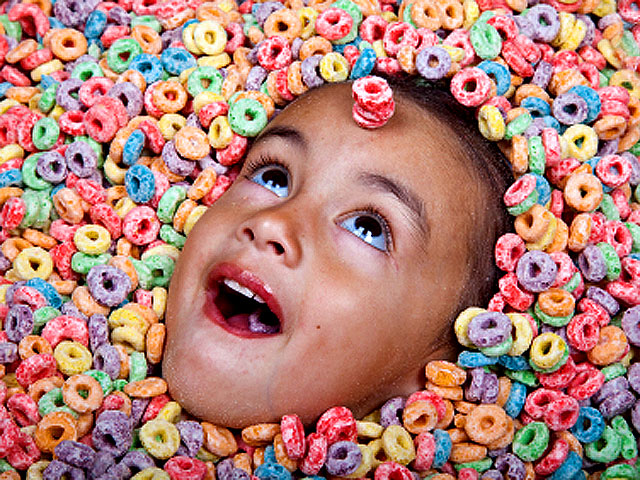NEW YORK (Reuters Health) – Breakfast cereals for children are less healthy than cereals meant for adults, and those marketed the most aggressively to kids have the worst nutritional quality, according to a new analysis of 161 brands.

“The cereal the parent is eating him or herself is probably better than what they’re feeding their child,” Dr. Marlene B. Schwartz of Yale University in New Haven, Connecticut, the lead researcher on the study, told Reuters Health.
Schwartz and her colleagues also found that health claims made for kids’ cereals were often misleading. Cereals sold as “low fat” or “low sugar” were not lower in calories, as parents might assume, and while brands touted as “whole grain” did have more fiber, they had just as much salt, sugar, and fat as other brands and the same calorie content.

The food industry and public health authorities are both encouraging children to eat breakfast, especially ready-to-eat cereals, the researchers note in their report in the Journal of the American Dietetic Association. To compare the nutritional quality of cereals targeted to children and those marketed to adults, Schwartz, and her team looked at 161 cereals, 46 percent of which were marketed to children. A cereal was put in this category if it had a character on the box, toys or games inside, or the company’s Web site listed the brand as a children’s cereal.
Children’s cereals had more sugar, sodium, carbohydrate, and calories per gram than non-children’s cereals, and less protein and fiber. Sugar accounted for more than one-third of the weight of children’s cereals, on average, compared to less than one-quarter of the adult cereals. Thirty-four percent of the kids’ cereals met nutrition standards for foods sold in schools, compared to 56 percent of the non-children’s cereals, Schwartz, and her colleagues’ report.
Parents hoping to choose healthy cereals for their kids should look for brands containing 4 grams of sugar per serving (about one teaspoon) or less, Schwartz advised and should aim for 4 grams of fiber per bowl of cereal.
As a psychologist, Schwartz says, she urges parents who want to ban heavily marketed cereals from their homes to stick to their guns. “My advice to parents of young children is you’ve got to just make a decision and stick with it because if you give in once, you’re going to regret it. It’s just going to make your kid nag you even more.”
SOURCE: Journal of the American Dietetic Association, April 2006.

